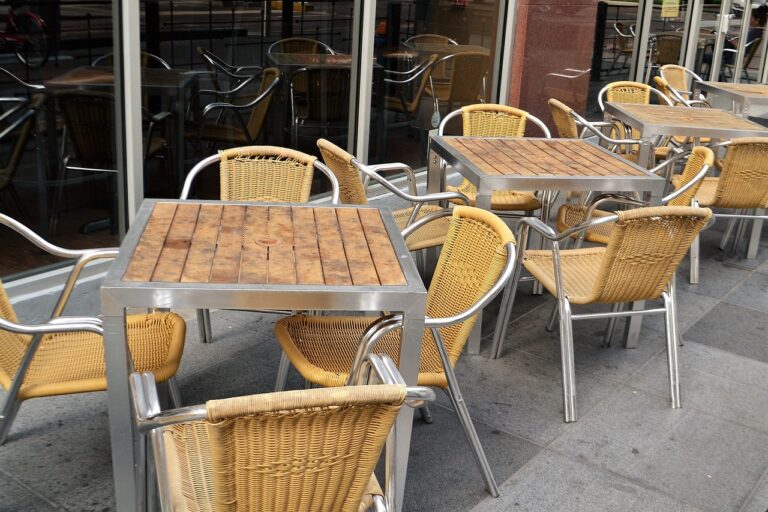The Impact of Fashion Rental Services on Consumer Behavior
Fashion rental services have revolutionized the way consumers access and experience fashion. By offering the opportunity to rent high-end designer pieces for a fraction of the cost, these services have made luxury fashion more accessible to a wider audience. This accessibility has not only democratized fashion but has also allowed individuals to experiment with different styles and trends without the commitment of ownership.
Moreover, the rise of fashion rental services has sparked a shift in consumer behavior towards sustainability. As more people become conscious of the environmental impact of fast fashion and overconsumption, renting clothes presents a more eco-friendly alternative. By extending the lifecycle of clothing and reducing the demand for new production, fashion rental services play a crucial role in promoting a more sustainable fashion industry.
Changing Attitudes Towards Ownership
In recent years, there has been a noticeable shift in consumer attitudes towards ownership, particularly in the fashion industry. Many individuals are now embracing the concept of renting clothing and accessories rather than purchasing them outright. This change in mindset can be attributed to various factors, including a desire for sustainability, cost-effectiveness, and a more diverse wardrobe selection.
The rise of fashion rental services has made it easier than ever for people to access high-quality designer pieces without the commitment of ownership. This shift towards a rental model reflects a growing awareness of the environmental impact of fast fashion and a desire to reduce waste. By opting to rent items for special occasions or everyday wear, consumers can enjoy a more sustainable approach to fashion while still looking stylish and on-trend.
Environmental Impact of Fashion Rental Services
Fashion rental services are revolutionizing the way we consume fashion by offering a sustainable alternative to traditional buying practices. By renting clothes instead of owning them, consumers can significantly reduce their carbon footprint and contribute to a more environmentally friendly industry. The sharing economy model of fashion rental services promotes the circulation of garments, extending their lifespan and minimizing the amount of clothing that ends up in landfills.







